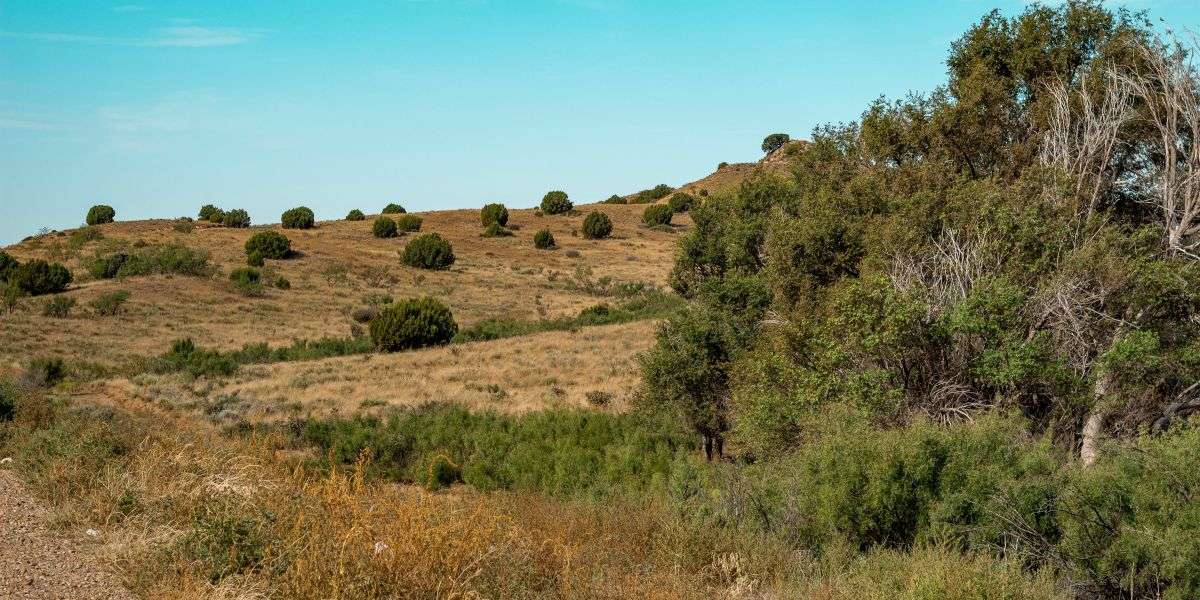By: James Brown
Texas, a state recognized for its expansive landscapes and economic resilience, presents varied opportunities for individuals exploring land acquisition. Whether one is considering land for personal retreat, agricultural activities, or potential development, understanding the relevant processes and regional considerations in Texas land auctions can help support more informed choices. This guide offers practical insights into auction participation, with an emphasis on regulatory awareness, due diligence, and risk-aware decision-making.
Why Texas Land Auctions Attract Interest
Economic and Geographic Diversity
Texas’s economy, ranked among the largest in the U.S., is bolstered by sectors such as energy, technology, and agriculture. Ongoing urban expansion in areas like Austin and Dallas has contributed to growing land interest, while rural regions continue to offer opportunities in farming, ranching, and outdoor recreation.
Types of Land Commonly Listed
- Agricultural Land: Used for ranching, farming, or emerging agritourism efforts.
- Development Parcels: Undeveloped plots located near growing communities.
- Recreational Properties: Land appropriate for outdoor activities or environmental preservation.
Understanding Auction Processes
Auction Formats
- Absolute Auctions: The property goes to the highest bidder regardless of price.
- Reserve Auctions: Sellers establish a minimum acceptable bid.
- Online vs. In-Person: Online platforms increase access, while in-person events may allow on-site property viewings.
Observed Advantages of Auctions
- Transparency: Bidding processes are generally open and competitive.
- Efficiency: Transactions often conclude more quickly than through traditional channels.
- Variety: Auctions may include foreclosures, surplus public lands, or private listings.
Platforms specializing in land auction list properties throughout Texas, serving both individual and institutional interests.
Legal and Procedural Considerations
Title Verification and Ownership Checks
Verifying ownership history, liens, and easements through county-level records is typically a prudent step. Resources such as the Texas Land Title Association provide general information, though consulting a licensed title professional is strongly recommended for transaction-specific guidance.
Resource Rights and Environmental Factors
- Mineral and Surface Rights: In Texas, these rights are often separated. Auction listings should clarify which rights are included.
- Zoning and Compliance: Regulatory frameworks vary by locality. Counties like Travis may enforce more detailed development standards than some rural jurisdictions.
Note: Environmental evaluations—such as for flood risks or protected habitats—can offer valuable insights and are handled by licensed specialists.
Financial Preparation for Auctions
Funding Options
- Seller Financing: May involve negotiated payment terms between buyer and seller.
- Land-Specific Loans: Offered by certain agricultural lenders and credit institutions.
- Government Programs: Some buyers may be eligible for government-supported financing (e.g., USDA or Texas Veterans Land Board programs); terms vary and should be confirmed with authorized lenders.
Budget Planning
- Buyer’s Premium: Typically ranges from 10–15% of the final bid amount.
- Closing Costs: These may include title insurance, land surveys, and associated legal documentation.
Risk Management in Auction Participation
Market Variability
Land prices may fluctuate based on a range of economic factors, such as commodity trends, interest rates, or local development. Spreading investment across different land types may help reduce overexposure.
Due Diligence Practices
- Property Inspections: Checking access, utilities, and landscape features is advised. Geospatial tools can support remote assessments.
- Legal Review: Potential issues such as unrecorded easements or prior contamination should be examined by qualified professionals.
Bidding Discipline
Establishing a firm bidding ceiling based on thorough research helps prevent cost overreach and supports financial planning.
Seller Strategies for Auctions
Highlighting Property Features
- Development Readiness: Sellers may wish to highlight proximity to roads, utilities, or approved zoning changes.
- Existing Uses: Properties leased for agriculture, hunting, or renewable energy may attract buyers with specific interests.
Timing Considerations
Listing land during periods of seasonal or regional interest—such as ahead of infrastructure projects or agricultural planning windows—can increase visibility among buyers.
Trends Influencing Texas Land Auctions
Technology and Sustainability
- Virtual Tours: These tools enable buyers to preview properties remotely, expanding participation.
- Renewable Energy: Interest in solar or wind leases has grown, particularly in areas with existing utility access.
Urban Growth Patterns
As cities like Houston and San Antonio expand outward, nearby undeveloped land may draw increased attention from developers and individual buyers alike.
Final Recommendations
- Collaborate with Professionals: Work with realtors, attorneys, and licensed surveyors experienced with Texas property rules.
- Leverage Public Data Sources: Tools such as the Texas Natural Resources Information System (TNRIS) offer data on soil, water tables, and flood zones.
- Prioritize Research: A detailed review of the property’s legal, environmental, and logistical aspects can help buyers identify risks before committing.
Disclaimer: This article is intended for general educational purposes and should not be used as a substitute for legal, financial, or professional advice. Readers are encouraged to consult licensed professionals for personalized guidance based on their circumstances.
Published by Joseph T.
















